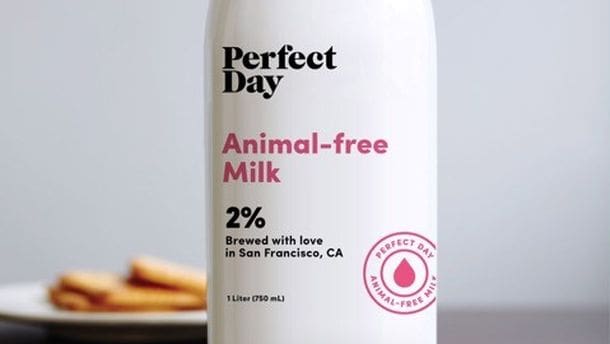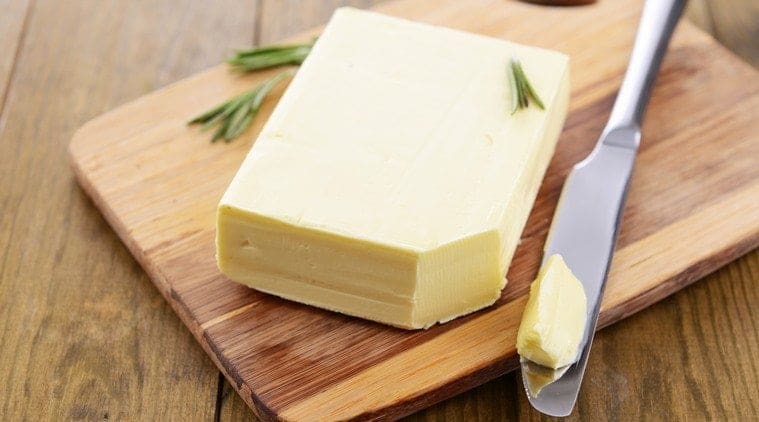Bittersweet news for vegetarians, vegans and pescatarians: Their diet is linked to a reduced risk of coronary heart disease (CHD) compared to diets with meat. Extensive research in the UK shows this published in the newspaper The BMJ.
Why are they bittersweet? Because if on the one hand these three groups have less risk of coronary heart disease, on the other two of the three groups (vegetarians and vegans) have a greater risk of heart attack than meat consumers. In particular hemorrhagic heart attack, which would be the consequence of a low intake of some vitamins and too low presence of cholesterol.
In recent years the number of people switching to vegetarian and vegan diets has been increasing, also due to the perceived health benefits, as well as concerns related to the environment and animal welfare.
The long-term effects and benefits of this type of diet, however, are still unclear.
The research
The research team from the Nuffield Department of Population Health at the University of Oxford used data from many historical studies. This also allowed us to study a distinction between vegetarians, vegans and pescatarians on the effects of food over a period of 18 years.
Research led by Tammy Tong included information on nearly 50.000 patients between 1993 and 2001. Patients were then divided between 'carnivores' (24.428), 'fish-eaters' (7.506), and 'vegans/vegetarians' (16.254).
2,820 cases of coronary artery disease (CHD) and 1.072 cases of heart attack occurred, including 519 cases of ischemia (when an obstructed blood vessel blocks the flow of blood and oxygen to the brain). 300 cases of hemorrhagic infarction completed the picture.
In short (Italian only)
After taking into account the potential triggers (patient's medical history, smoking, use of supplements, physical activity) the result is that Pescetarians and vegetarians risk coronary heart disease respectively 13% less and 22% less than carnivores.
The difference, say the authors, may lie in the lower BMI body mass index and lower blood pressure.

Some food supplements can lead to fewer health risks without touching the aspect related to flavor (and therefore 'healthy' fats). The case of “animal free” milk.

even the butter developed with HIPE technology (it is made of 80% water) can serve the purpose
But there is also bad news
Probably for the same reasons, vegetarians and vegans have a 20% greater risk of heart attack than 'carnivores'. The extremely low amount of cholesterol and other elements that are too deficient (vitamin B12, for example) can make the picture worse.
The conclusion of Tong is that “choosing to change your diet to meet personal or environmental health reasons does not necessarily mean becoming a vegetarian. For those who don't usually eat a lot of meat, it could be very useful to reduce consumption a little further, without eliminating it, and support the body with more vegetables and vitamin supplements.
You can and must fight pollution without having to fight your own malnutrition, or heart failure.”
Some clarifications that I feel like doing: this study does not primarily investigate the causes, but only observes the correlation. Finally, the correlations are not absolutely valid because the subjects considered are only European, Caucasian and from a particular nation, the UK, which has very specific eating habits. It will be necessary to refine the observation and understand if and how much correlation will also be found in other population groups, perhaps also considering other nutritional factors.

